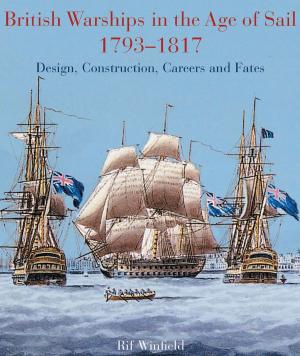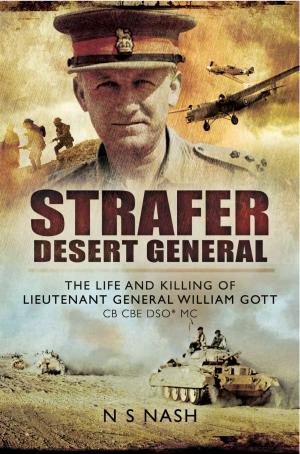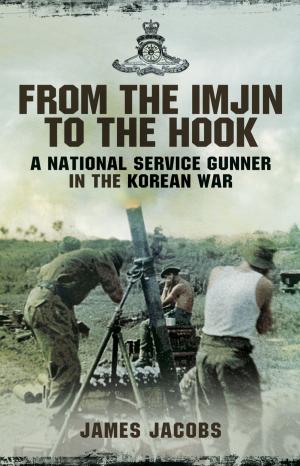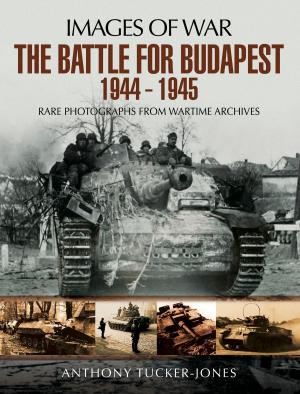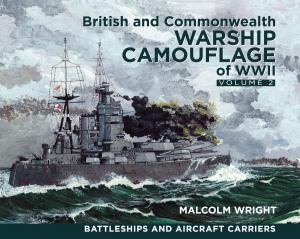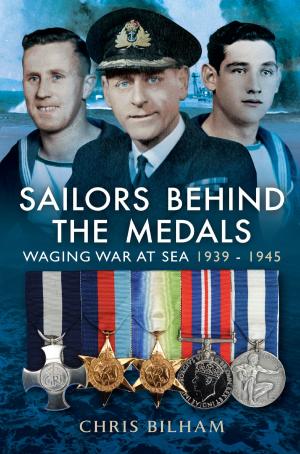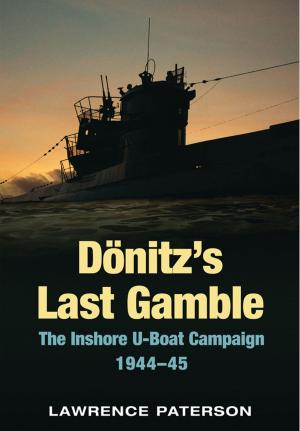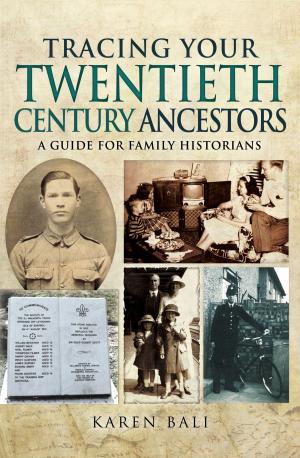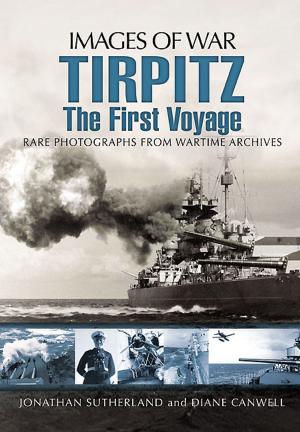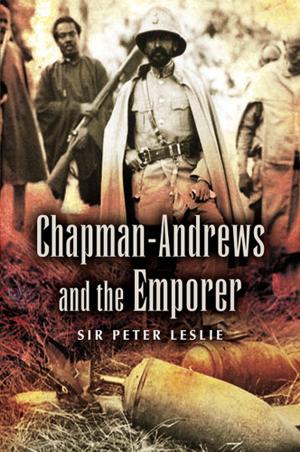| Author: | Graham S Simons, Harry Friedman | ISBN: | 9781783461011 |
| Publisher: | Pen and Sword | Publication: | December 1, 2011 |
| Imprint: | Pen and Sword Aviation | Language: | English |
| Author: | Graham S Simons, Harry Friedman |
| ISBN: | 9781783461011 |
| Publisher: | Pen and Sword |
| Publication: | December 1, 2011 |
| Imprint: | Pen and Sword Aviation |
| Language: | English |
The Boeing B-17 was the first American heavy bomber to see action in World War when it was supplied to the RAF. The design originated in 1934 when the US Air Corps was looking for a heavy bomber to reinforce their air forces in Hawaii, Panama and Alaska. For its time, the design included many advanced features and Boeing continued to develop the aircraft as experience of the demands of long distance flying at high altitude was gained.
When the USA entered WWII production of the aircraft was rapidly increased and it became the backbone of the USAAF in all theaters of war. This book describes how it was built and utilizes many hitherto unpublished photographs from the design studio and production lines. It illustrates and explains the many different roles that the aircraft took as the war progressed. Heavy bomber, reconnaissance, antisubmarine and air-sea rescue operations – there were few roles that this solid design could not adopt.
The Boeing B-17 was the first American heavy bomber to see action in World War when it was supplied to the RAF. The design originated in 1934 when the US Air Corps was looking for a heavy bomber to reinforce their air forces in Hawaii, Panama and Alaska. For its time, the design included many advanced features and Boeing continued to develop the aircraft as experience of the demands of long distance flying at high altitude was gained.
When the USA entered WWII production of the aircraft was rapidly increased and it became the backbone of the USAAF in all theaters of war. This book describes how it was built and utilizes many hitherto unpublished photographs from the design studio and production lines. It illustrates and explains the many different roles that the aircraft took as the war progressed. Heavy bomber, reconnaissance, antisubmarine and air-sea rescue operations – there were few roles that this solid design could not adopt.

